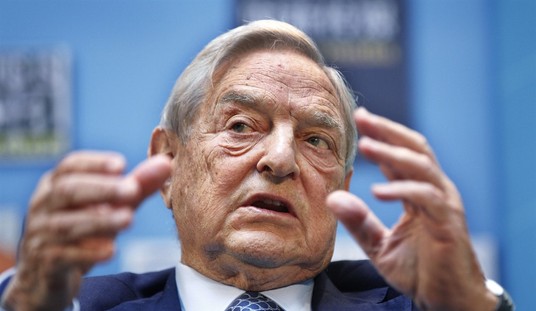Though ultimately unsuccessful in securing the party’s nomination, the 2012 presidential campaign of Ron Paul claimed many scalps among party leadership in states, congressional districts, and on local boards. The coup may have been nowhere more contentious than in Iowa, where Paul supporters effectively shut out the previous establishment.
That was then, and this is now. Politico reports:
The Iowa GOP central committee voted Saturday to fire the state party chairman and replace him with a fixture of the establishment.
Danny Carroll, removed on a 14-2 no confidence vote, will be replaced by Jeff Kaufmann, formerly the Speaker Pro Tem of the state House.
The bloodless coup was widely expected after forces loyal to Gov. Terry Branstad officially seized control of the party’s governing body from close allies of Sen. Rand Paul (R-Ky.) at a state convention earlier this month.
An earlier Politico story, written shortly after the state convention, details the contentious relationship which was maintained between Branstad and the Paul contingent. Party unity was not a priority:
Branstad, cruising to an unprecedented sixth term as governor, has spent the better part of the past two years sparring with A.J. Spiker, a co-chair of Ron Paul’s Iowa campaign who defeated the governor’s preferred pick to lead the state party in 2012. As chairman of the party, Spiker was publicly critical of Branstad’s legislative agenda. Establishment-minded donors refused to contribute to the state party as long as Paul people were in charge.
The feather-ruffling led Branstad supporters to organize and retake the party, as the Paul folks had in 2012. There was “no longer a single Paul-aligned, libertarian on the central committee,” enabling Saturday’s ouster of Carroll.
The development indicates that ideological enclaves may have a hard time maintaining a controlling influence in the party without building broad coalitions. Winning intra-party battles at all costs can make a lot more enemies than friends. As it turns out, in politics, you need friends.
It’s a lesson Thad Cochran and his supporters are learning from a very different ideological perspective in Mississippi. The choice to campaign among black Democrats may have won the 35-year Senator his primary runoff. But it has also rallied widespread disgust which could yield unintended consequences for his future and that of his allies.
[audio:http://www.hipcast.com/export/P5fd174bac96f72354ab21ce12d202416ZVl/RnxuY2F2Vg.mp3](Today’s Fightin Words podcast on this topic. 13:43 minutes long; 13.24 MB file size. Want to download instead of streaming? Right click here to download this show to your hard drive. Subscribe through iTunes or RSS feed.)
Maybe, just maybe, it might prove better to convince people you are right than exploit every opportunity to seize power. It’s a prescription particularly apt for movement activists who advocate for a society governed by consent. If you win by convincing people rather than shutting them out, those you beat will be much less inclined to seek revenge. They might even help you where interests align.
To the extent a civil war rages within the GOP, it won’t be won by the side which best excludes the other. It will be won by a coalition which emerges from points of agreement.









Join the conversation as a VIP Member